“No matter the size of a company, as an employer and economic player, we have a responsibility not only to generate revenue but also to create a positive impact on the social world around us.
On a more direct dimension, this applies to our human resource strategy, which needs to take into account the different life phases of our employees and create the conditions for them to receive targeted development and support. At toom, we achieve this by developing new goals for a sustainable human resource strategy in cooperation with an external partner who audits and certifies our achievements. Ultimately, our economic success as a retail company relies on the satisfaction and performance of our employees.
On the other hand, our responsibility encompasses far more than our direct environment. Within every supply chain, we can take measures that affect people on a much wider scale. As climate and health challenges become more frequent and endanger not only health but also the economic and financial safety of billions of people, creating a sustainable livelihood for people at the beginning of most supply chains gains even more importance.
Companies that don‘t take action risk losing credibility, public trust, and investment possibilities, as corporate social responsibilities are closely watched by stakeholders. However, it is also crucial to adopt a strategy that feels authentic to customers and stakeholders. The key is to develop a strategy rooted in the company‘s brand and culture. At the same time, it needs to be a goal-driven strategy that challenges us to think bigger and set new, ambitious yet achievable goals.
At the heart of toom’s corporate culture lies the belief in respect. For many years, we have incorporated this belief into our business strategy and based our sustainability measures on it as well. By doing this, our sustainability commitment feels authentic not only to our employees but also to our customers, creating a new way to identify with toom.“
Authentic partnerships as the basis of CSR
Long-lasting collaborations that align closely with the core business have proven highly effective in fostering a sense of ownership within the company. On a national level, we have strategically chosen to partner with social initiatives that empower our employees to engage with and support causes at the local level. Many of our DIY stores collaborate with institutions such as the Bundesvereinigung Lebenshilfe e.V. to facilitate the inclusion and participation of individuals with mental disabilities in our work environment.
Another notably successful partnership focuses on supporting the reintegration of homeless people. toom contributes to this cause by providing building materials for mobile tiny houses, representing crucial safe spaces. Our local staff actively engages in supporting and shaping these partnerships, a vital aspect in building trust in our sustainability strategy.
The trust and acceptance garnered through these initiatives play a pivotal role in building and enhancing sustainability measures on an international level, where their impacts may not be as readily observable firsthand by employees and customers. toom has remained steadfast in its commitment to transparency and fair practices within its supply chains for numerous years, extending scrutiny all the way back to the origin of its products.
toom has successfully improved working conditions in various supply chains, including those for products like Christmas trees, natural stones, or Fairtrade plants, through collaborative efforts with pertinent stakeholders and initiatives. This dedication reflects toom‘s ongoing pursuit of ethical and responsible business practices.
Since 2018, toom has partnered with the Fair Trees® organization to enhance working conditions for cone pickers and support local communities in the Christmas tree harvest region. Taking a holistic approach, the families of cone pickers benefit from year-round health insurance, while local communities receive support through initiatives such as scholarships, free healthcare services, and the establishment of dental practices for children at a primary school. These projects result from close collaboration with local organizations and authorities.
Acknowledging the vulnerability of the agricultural industry to climate conditions, toom recognizes that a successful harvest and the income of cone pickers hinge on factors like early frost or adequate rainfall for fir tree development. Therefore, a fair supply chain entails income security for workers in case of harvest failures. In the event of a poor harvest, cone pickers employed by the Fair Trees® organization have the option to contribute to the organization‘s social projects, receiving their full salary that covers the entire year. This commitment underscores toom‘s dedication to supporting workers and communities through both prosperous and challenging times.
Strong partnerships to scale up initiatives
Steadily driving our social and environmental impact relies on a strong commitment within the company and partnerships that share our beliefs.
toom has been in collaboration with Fairtrade for many years, exclusively relying on the Fairtrade mark for its poinsettia range since 2015. In an effort to promote the sale of more plants bearing the Fairtrade label and to reinforce the positive impact of Fairtrade on propagation farms in the global South, Fairtrade Germany and toom initiated a pilot project. This project aims to reduce costs for companies in the global North while simultaneously enhancing support at the farm level. This innovative approach demonstrates our dedication to fostering sustainable practices and making a meaningful impact in collaboration with like-minded partners.
To broaden the selection of potted plants available and boost sales for farms in East Africa and Latin America, Fairtrade has collaborated with toom Baumarkt to introduce an innovative pilot project.
Fairtrade certification offers numerous advantages for workers. These encompass fixed employment contracts, maternity protection, provision of protective clothing, and training in the safe handling of chemicals. Furthermore, workers receive at least the minimum wage as stipulated by the Fairtrade standard. Additionally, they benefit from the Fairtrade premium, which contributes to community projects. This collaborative effort underscores our commitment to promoting fair labor practices, ensuring worker wellbeing, and supporting community development through sustainable initiatives.
In the pilot project, processes are streamlined while adhering to Fairtrade principles. Notably, nurseries in the global North responsible for completing the cultivation of plants from Fairtrade young plants for toom are no longer required to maintain Fairtrade certification. Consequently, there may be a mixture of Fairtrade and conventional plants at this stage. However, strict measures are in place to ensure that only the quantity of plants sold as Fairtrade certified corresponds to those purchased as cuttings from farms under Fairtrade conditions. This verification is conducted by the independent certification organization Flocert at both the importers and at toom.
Furthermore, European nurseries must demonstrate to toom that they are certified according to a social and environmental standard, comply with the REWE residue guideline, and commit to reducing their use of peat by 30 percent.
Supporting sustainable initiatives such as Fairtrade and collaborating to enhance systems is a significant contribution to our social and environmental footprint as a company. We firmly believe that uniting efforts and exploring innovative approaches pave the way for a more sustainable impact. By actively participating in these initiatives, we aspire to create positive change, foster ethical practices, and continuously improve our commitment to sustainability.
























